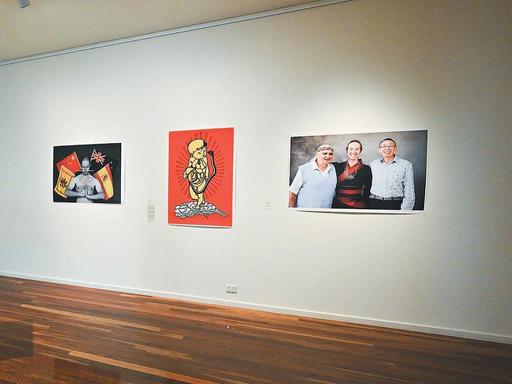when: 03 July 2021 | venue: Anzac Memorial | cost: Free | address: Southern end of Hyde Park, Sydney NSW 2000 | website: http://www.militaryhistorynsw.com.au
published: 22 Jun 2021, 5 min read
This showcased event has concluded.
Expired
A Public Lecture by James Unkles, lawyer, author, Commander of the Royal Australian Naval Reserve (Ret'd) and former military legal officer.
From October 1899 a bitter conflict between the British and two Dutch South African republics (the Anglo-Boer War) raged across the South African veldt.
British Commander Lord Roberts left South Africa before the end of 1900 and declared victory. But the war was far from over. His successor Lord Kitchener knew a change of strategy was necessary to fight an effective guerrilla insurgency. He introduced a scorched earth policy of burning farms and crops, and concentration camps to remove non-combatants from the field.
Excesses in war and brutal treatment of prisoners are synonymous with human conflict. This war was no exception. Incidents of brutality, including summary executions, occurred on both sides.
Increasingly desperate, Kitchener turned to the Bushveldt Carbineers (mostly Australians) who successfully played the Boers at their own game.
Yet their operations resulted in the arrest, trial and sentencing of Lieutenants Harry Morant, Peter Handcock (from Bathurst, NSW) and George Witton for killing Boer prisoners. The men claimed they acted in good faith, following the orders of British superiors. They pleaded the principle of reprisal, a defence recognised by the military law of 1902. Still, Morant and Handcock were executed by firing squad on 27 February 1902, a scene famously depicted in Bruce Beresford's movie.
Critics of the men say they were lawfully convicted of serious war crimes. Their descendants and others complain they were scapegoated. It is also alleged Kitchener conspired to deny them fair trials and kept the proceedings secret from the Australian Government. Defence counsel Major James Thomas (from Tenterfield, NSW) was only appointed the day before. While the men admitted to shooting Boer prisoners, they had a right to trial in accordance with the laws of 1902. They were denied a right of appeal and to state a military redress of grievance to the Crown.
Why does this need to be resolved?
'The passing of time and the fact that Morant, Handcock and Witton are deceased does not diminish errors in the administration of justice. Injustices in times of war are inexcusable and it takes vigilance to right wrongs, to honour those unfairly treated and to demonstrate respect for the rule of law. This matter involves injustice and how we respond is a test of our values and treatment of these Australian veterans. Their descendants, including those of Thomas and those who respect the rule of law await justice and that must be put above all other considerations'.
This Morant affair remains controversial. James Unkles will speak about the case and his continuing efforts to have it reviewed by an authority independent of government. This would finally determine whether the men were tried according to law and received a fair trial and sentences.
Admission is free of charge but a donation would be appreciated. For further information call 0419 698 783 or email president@militaryhistorynsw.com.au
Content from UpNext.com.au. Please don't scrape website.
A Public Lecture by James Unkles, lawyer, author, Commander of the Royal Australian Naval Reserve (Ret'd) and former military legal officer.
From October 1899 a bitter conflict between the British and two Dutch South African republics (the Anglo-Boer War) raged across the South African veldt.
British Commander Lord Roberts left South Africa before the end of 1900 and declared victory. But the war was far from over. His successor Lord Kitchener knew a change of strategy was necessary to fight an effective guerrilla insurgency. He introduced a scorched earth policy of burning farms and crops, and concentration camps to remove non-combatants from the field.
Excesses in war and brutal treatment of prisoners are synonymous with human conflict. This war was no exception. Incidents of brutality, including summary executions, occurred on both sides.
Increasingly desperate, Kitchener turned to the Bushveldt Carbineers (mostly Australians) who successfully played the Boers at their own game.
Yet their operations resulted in the arrest, trial and sentencing of Lieutenants Harry Morant, Peter Handcock (from Bathurst, NSW) and George Witton for killing Boer prisoners. The men claimed they acted in good faith, following the orders of British superiors. They pleaded the principle of reprisal, a defence recognised by the military law of 1902. Still, Morant and Handcock were executed by firing squad on 27 February 1902, a scene famously depicted in Bruce Beresford's movie.
Critics of the men say they were lawfully convicted of serious war crimes. Their descendants and others complain they were scapegoated. It is also alleged Kitchener conspired to deny them fair trials and kept the proceedings secret from the Australian Government. Defence counsel Major James Thomas (from Tenterfield, NSW) was only appointed the day before. While the men admitted to shooting Boer prisoners, they had a right to trial in accordance with the laws of 1902. They were denied a right of appeal and to state a military redress of grievance to the Crown.
Why does this need to be resolved?
'The passing of time and the fact that Morant, Handcock and Witton are deceased does not diminish errors in the administration of justice. Injustices in times of war are inexcusable and it takes vigilance to right wrongs, to honour those unfairly treated and to demonstrate respect for the rule of law. This matter involves injustice and how we respond is a test of our values and treatment of these Australian veterans. Their descendants, including those of Thomas and those who respect the rule of law await justice and that must be put above all other considerations'.
This Morant affair remains controversial. James Unkles will speak about the case and his continuing efforts to have it reviewed by an authority independent of government. This would finally determine whether the men were tried according to law and received a fair trial and sentences.
Admission is free of charge but a donation would be appreciated. For further information call 0419 698 783 or email president@militaryhistorynsw.com.au
Go see Justice Denied? Lieutenant Harry 'Breaker' Morant 2021.
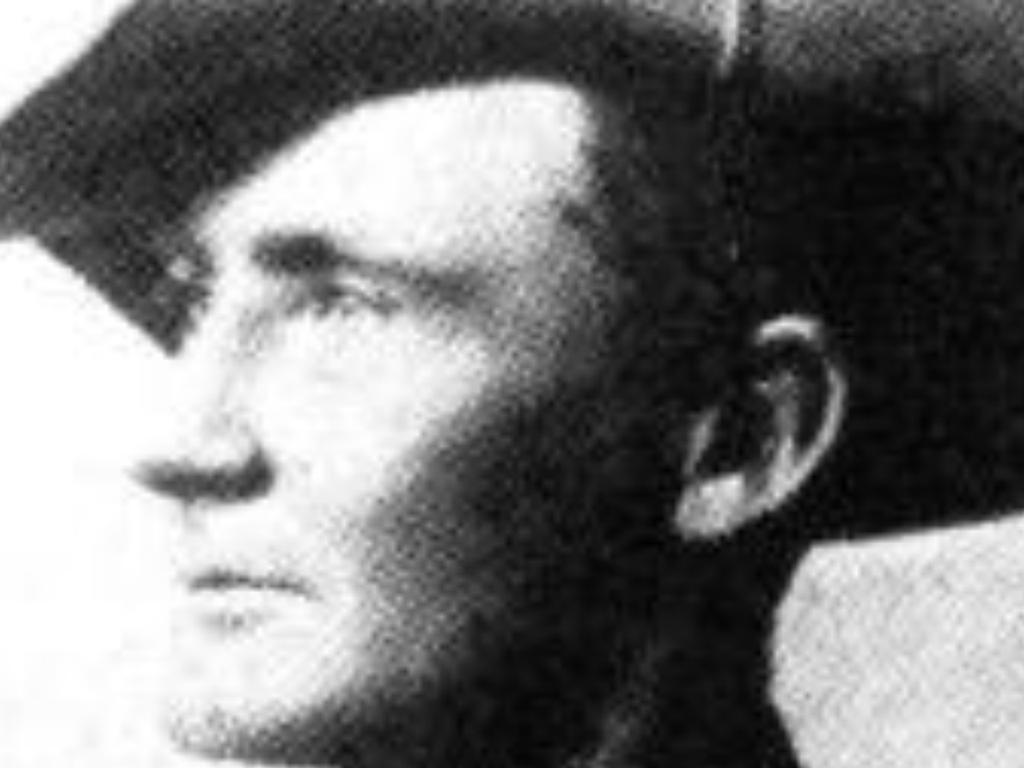
Justice Denied? Lieutenant Harry 'Breaker' Morant 2021 is on 03 July 2021. See start and end times below. Conveniently located in Sydney. Call 0419 698 783 for details. Visit their website at http://www.militaryhistorynsw.com.au.
Are we missing something? Help us improve this article. Reach out to us.
Event Details
Are you looking for 'Things To Do' ideas?
Upnext Team
We love helping people
See recent events discovered by Upnext Team
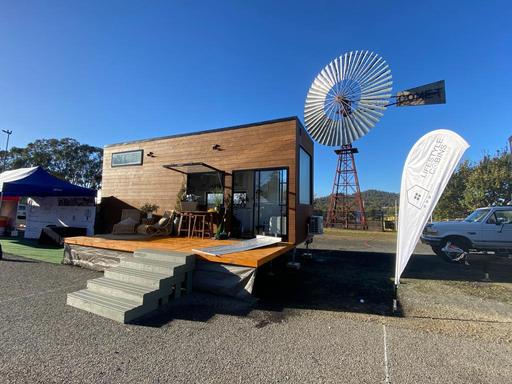
Expired
Adelaide Tiny Home Expo 2023
Discover Tiny Houses and why they are taking Australia by storm. Tiny houses on and off wheels, luxury Airbnb models, m...
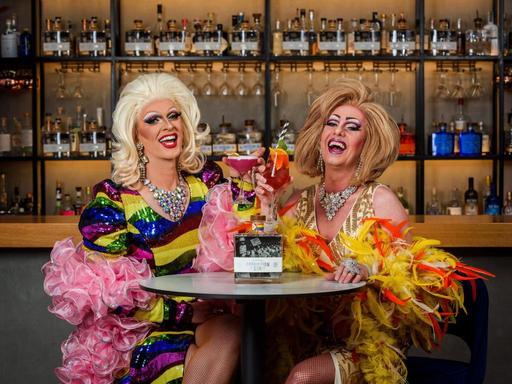
Expired
Drag Bingo & Cocktail Fun! 2023
Celebrate a Sunday afternoon with Bingo with a difference...Drag Bingo.Join hosts Fifi and Princess Laya as they perform...
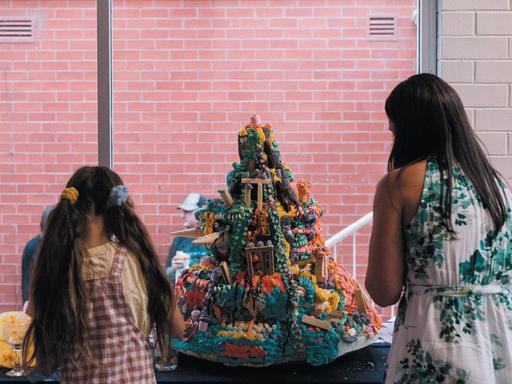
Expired
Have You Eaten? 2023
Have You Eaten? is an immersive art exhibition that invites you to consider your perfect picnic, favourite foods, and co...
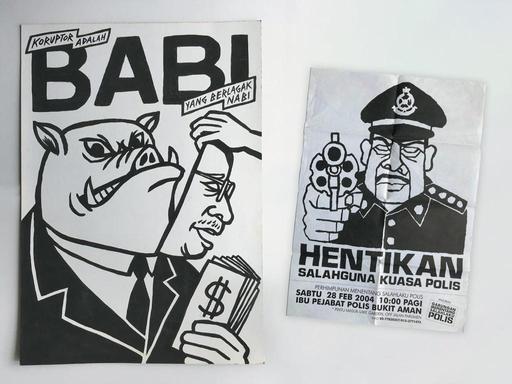
Expired
Punk Protest Propaganda 2023
Discover The Political Art of Fahmi Reza, a captivating exhibition at Nexus Gallery.Fahmi Reza, a self-taught Malaysian ...

